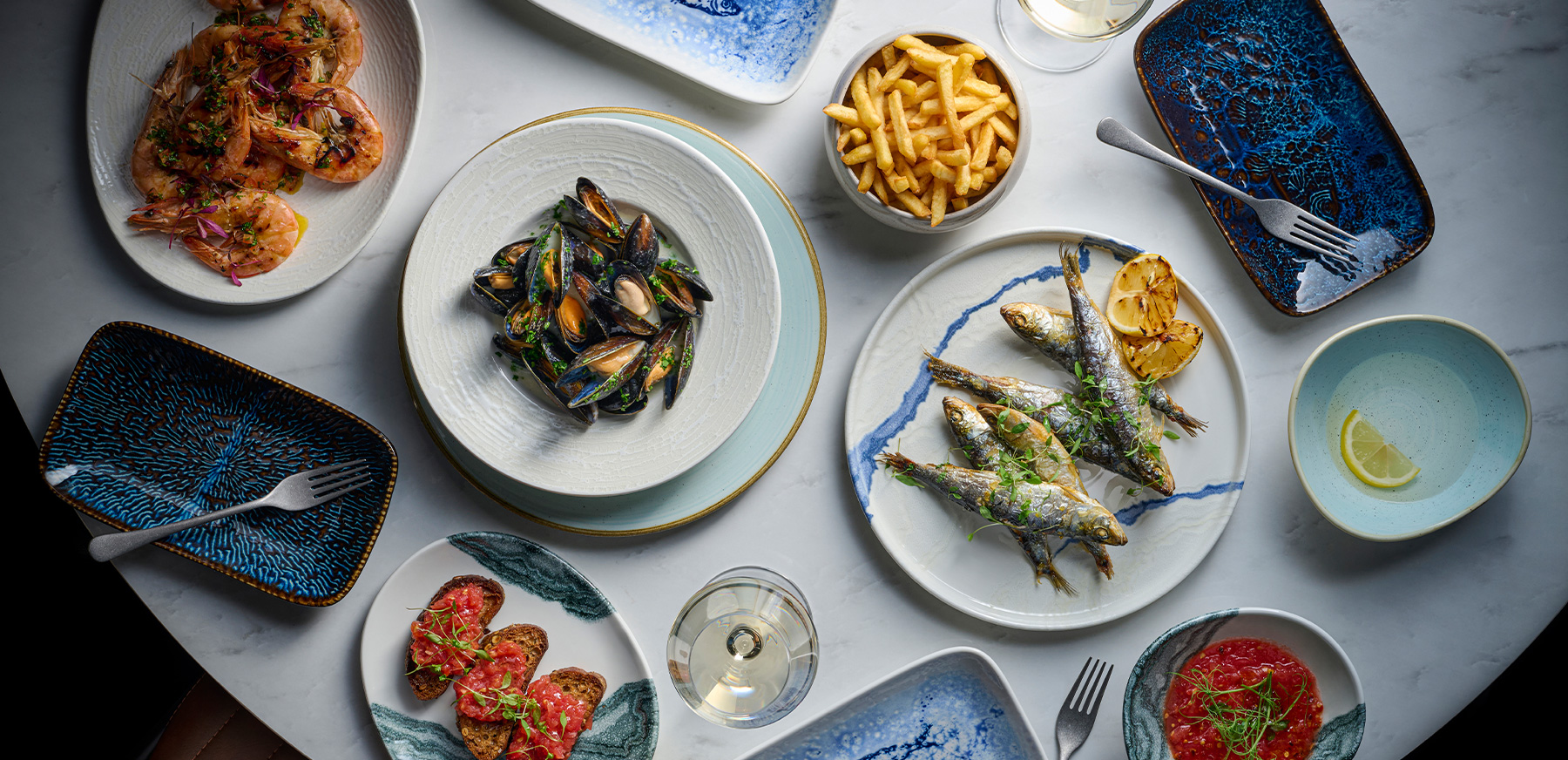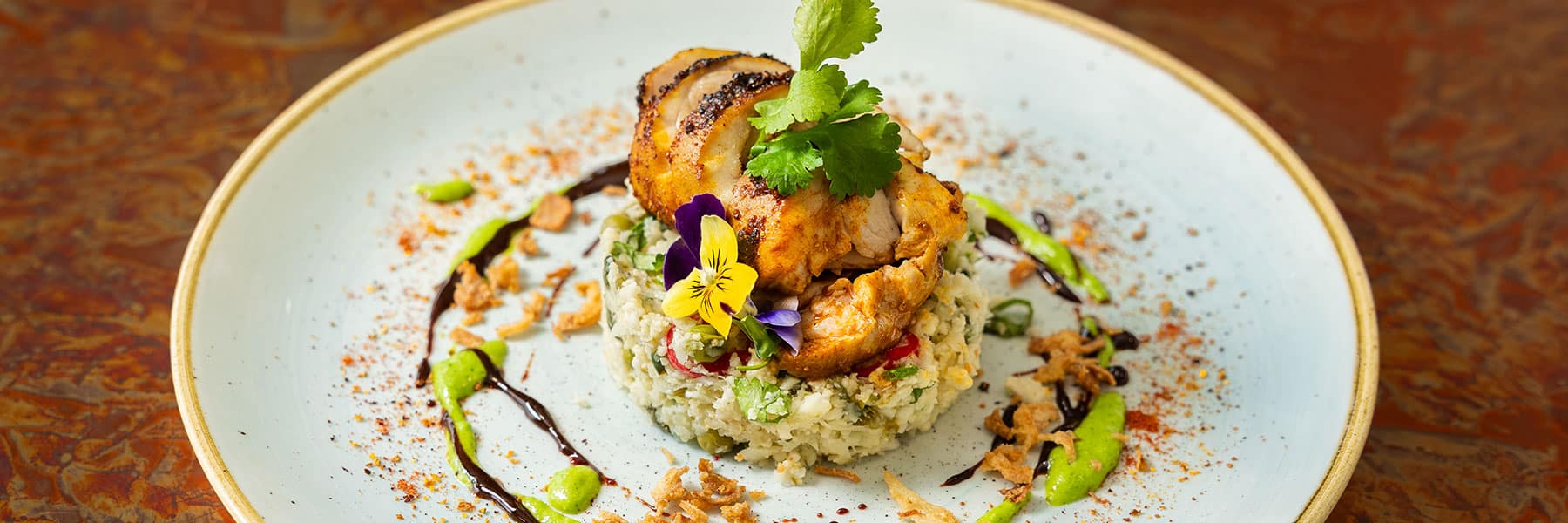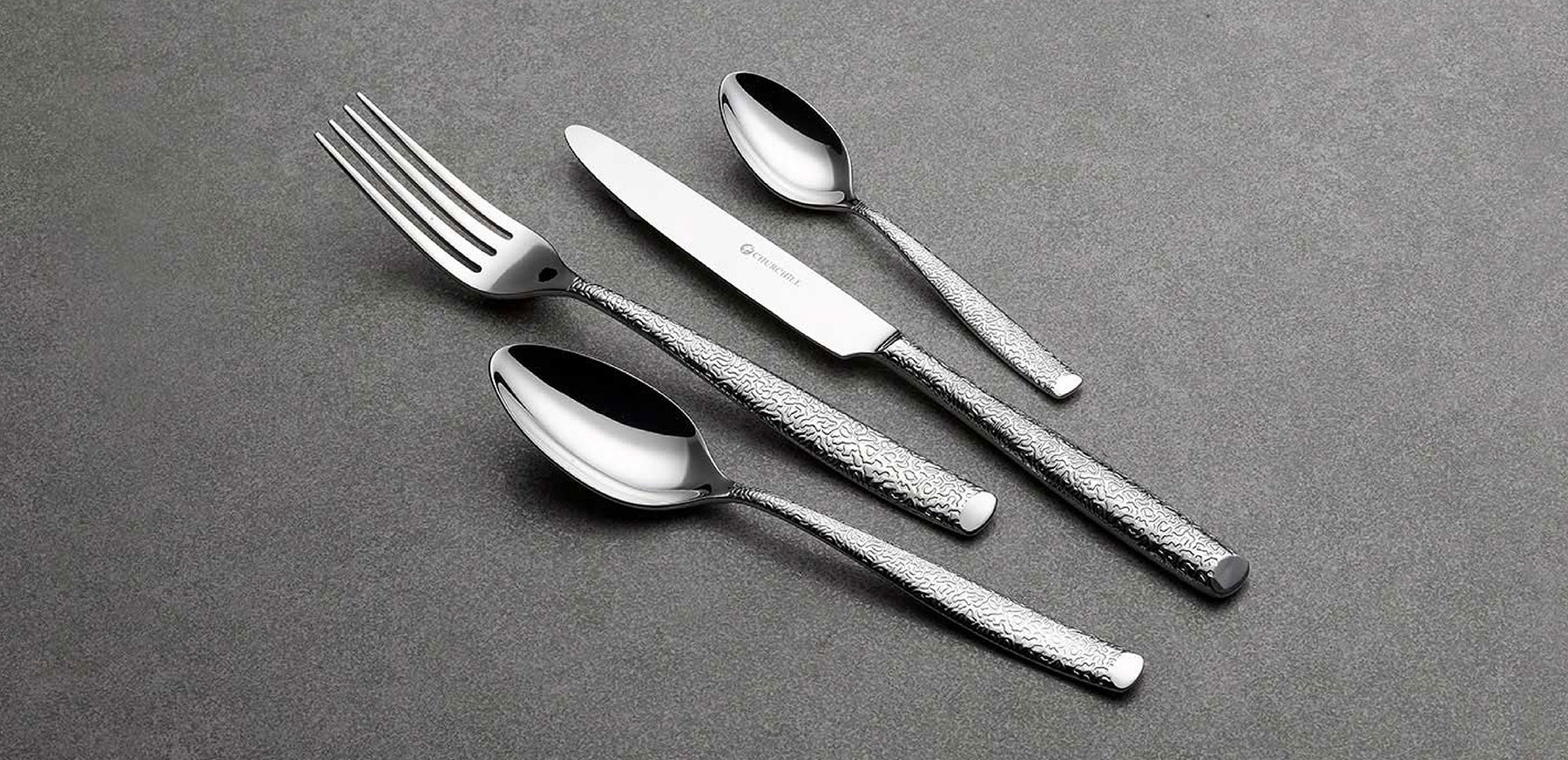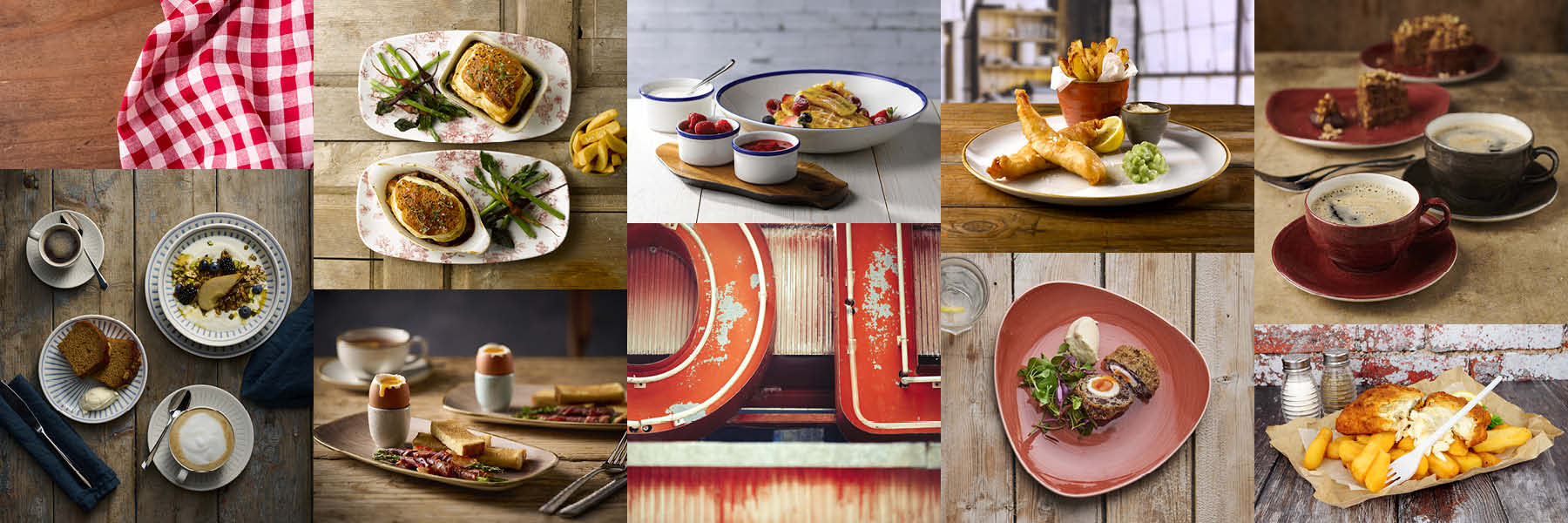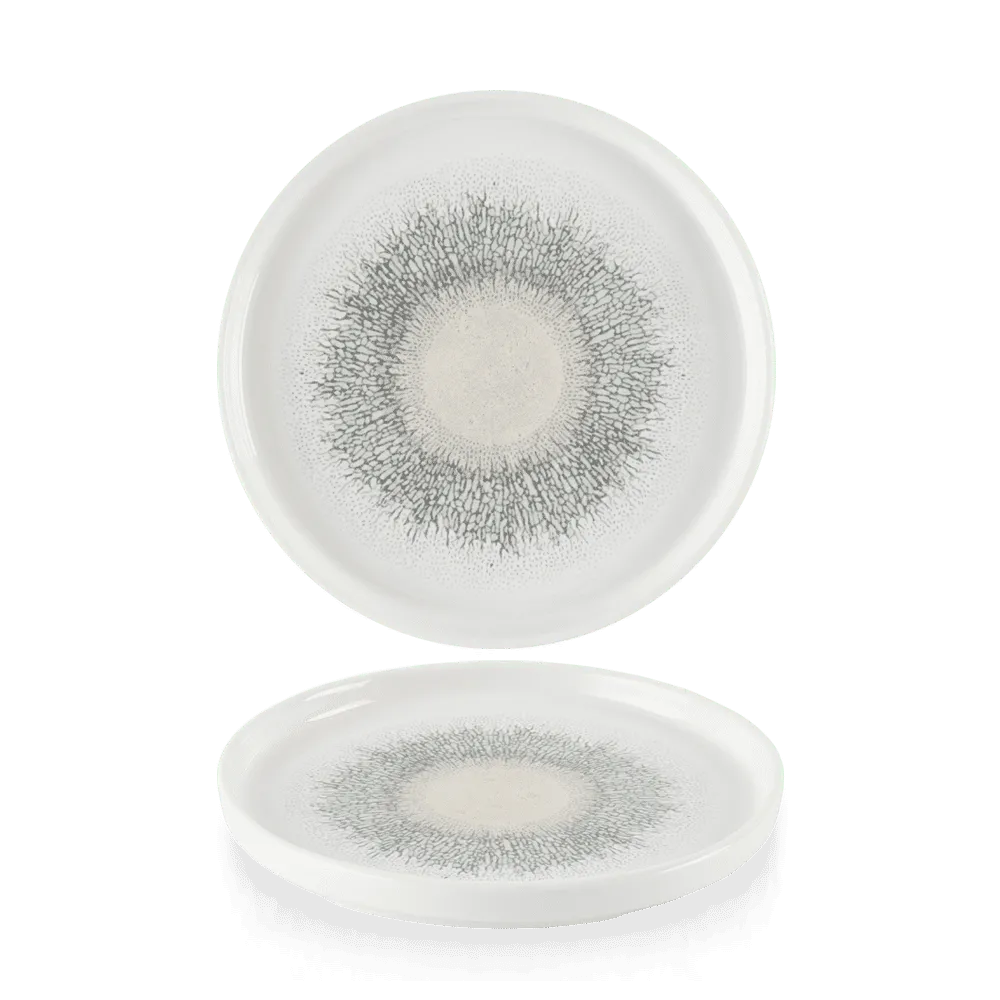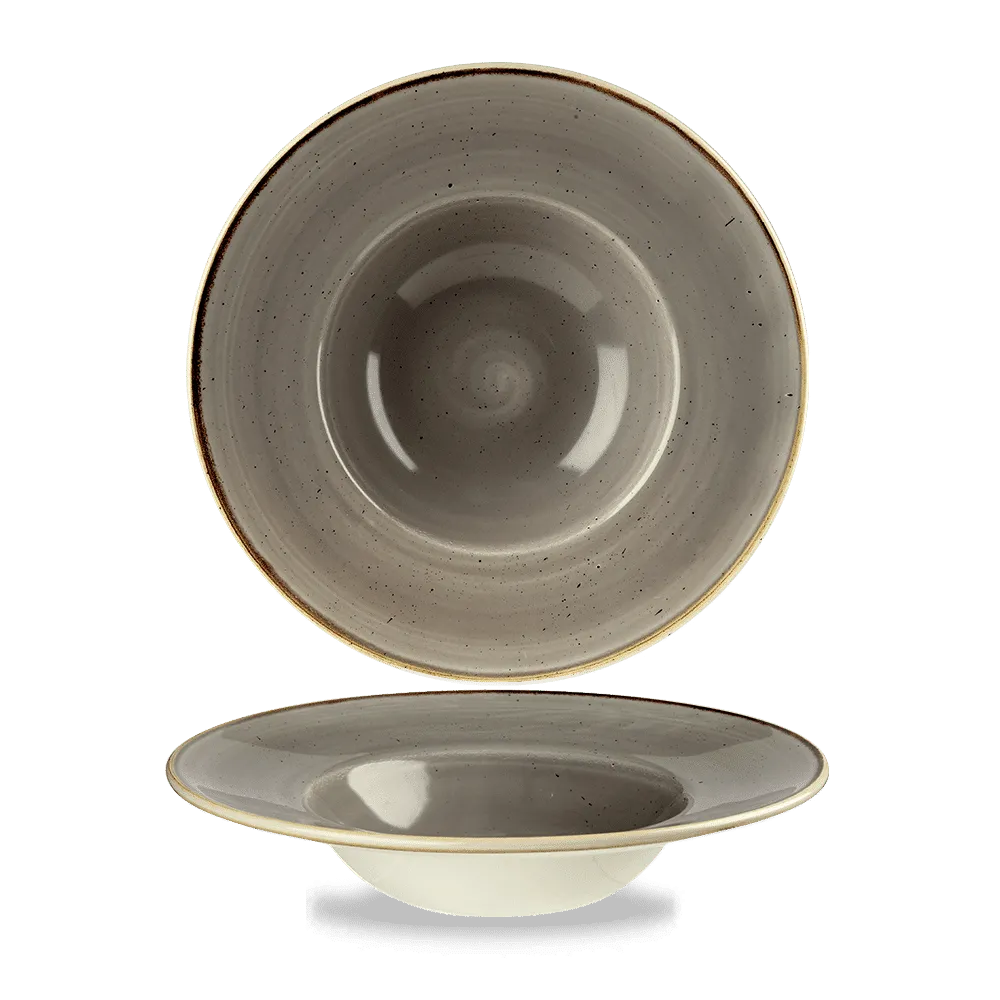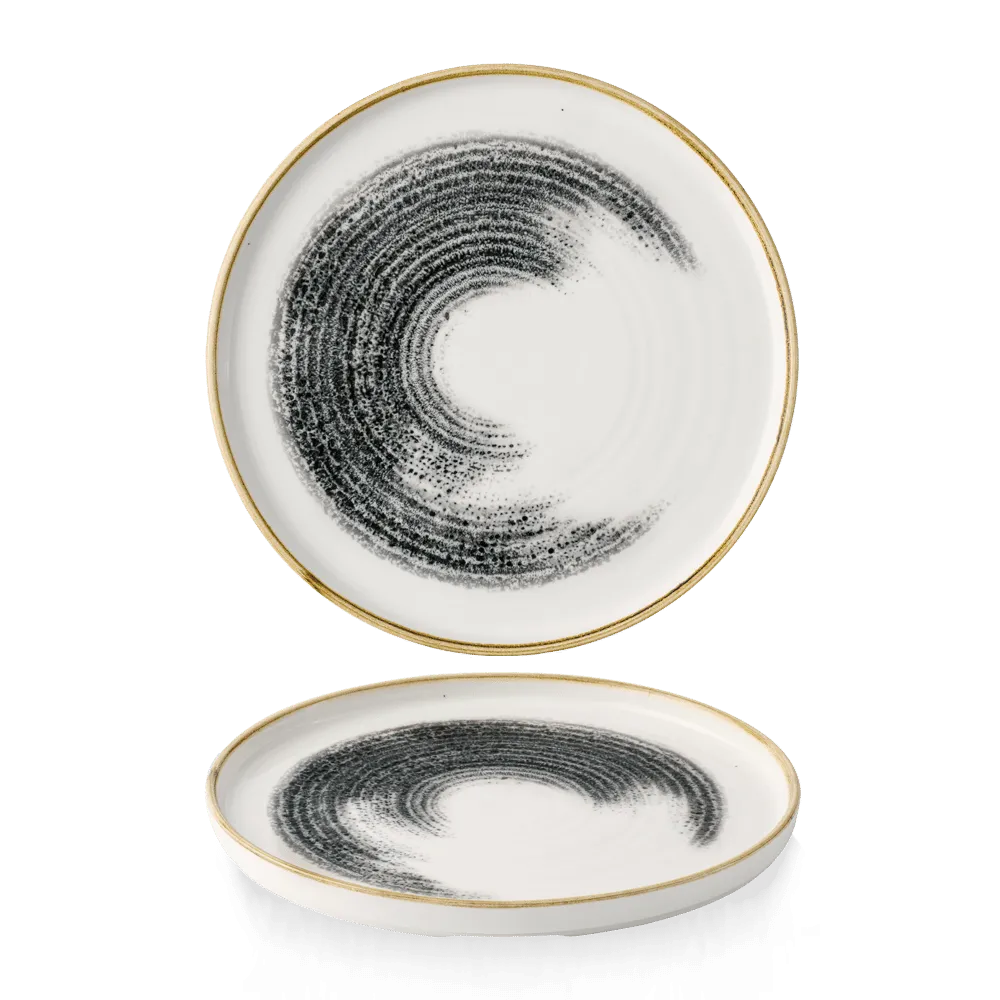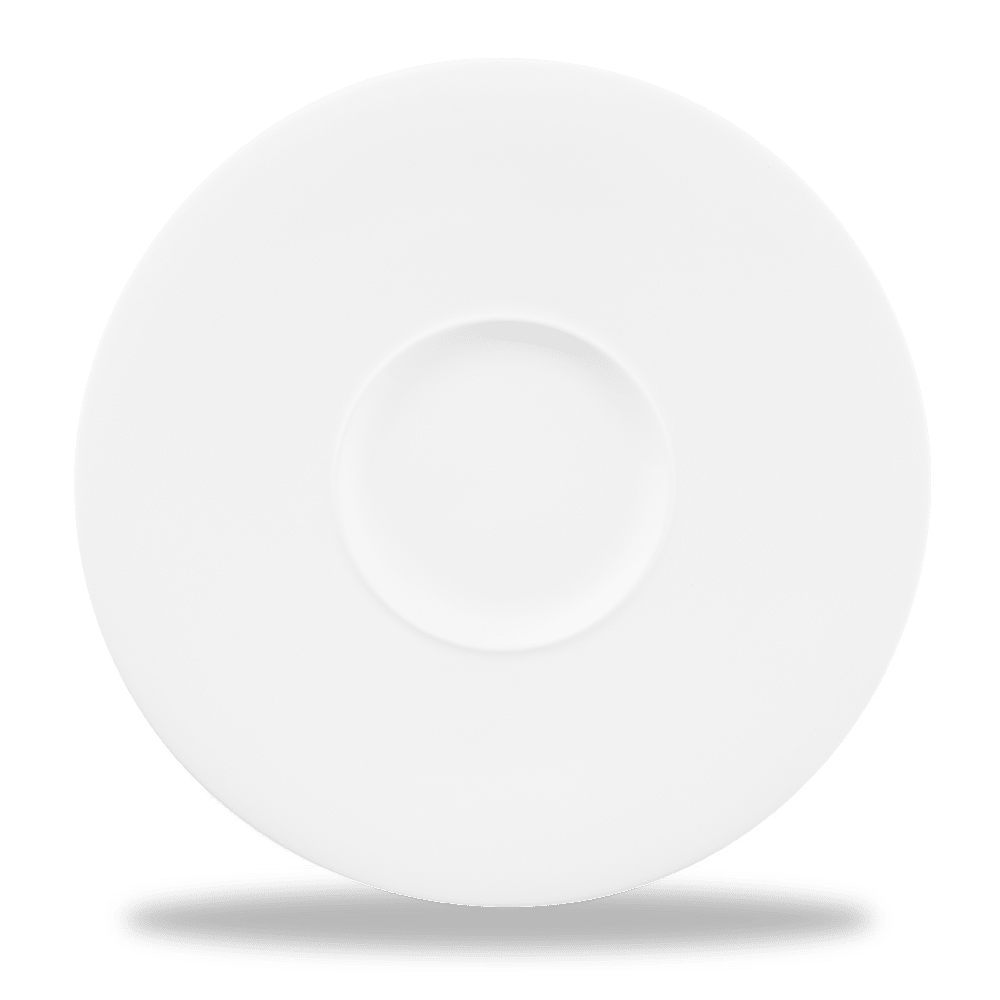FOOD SAFETY
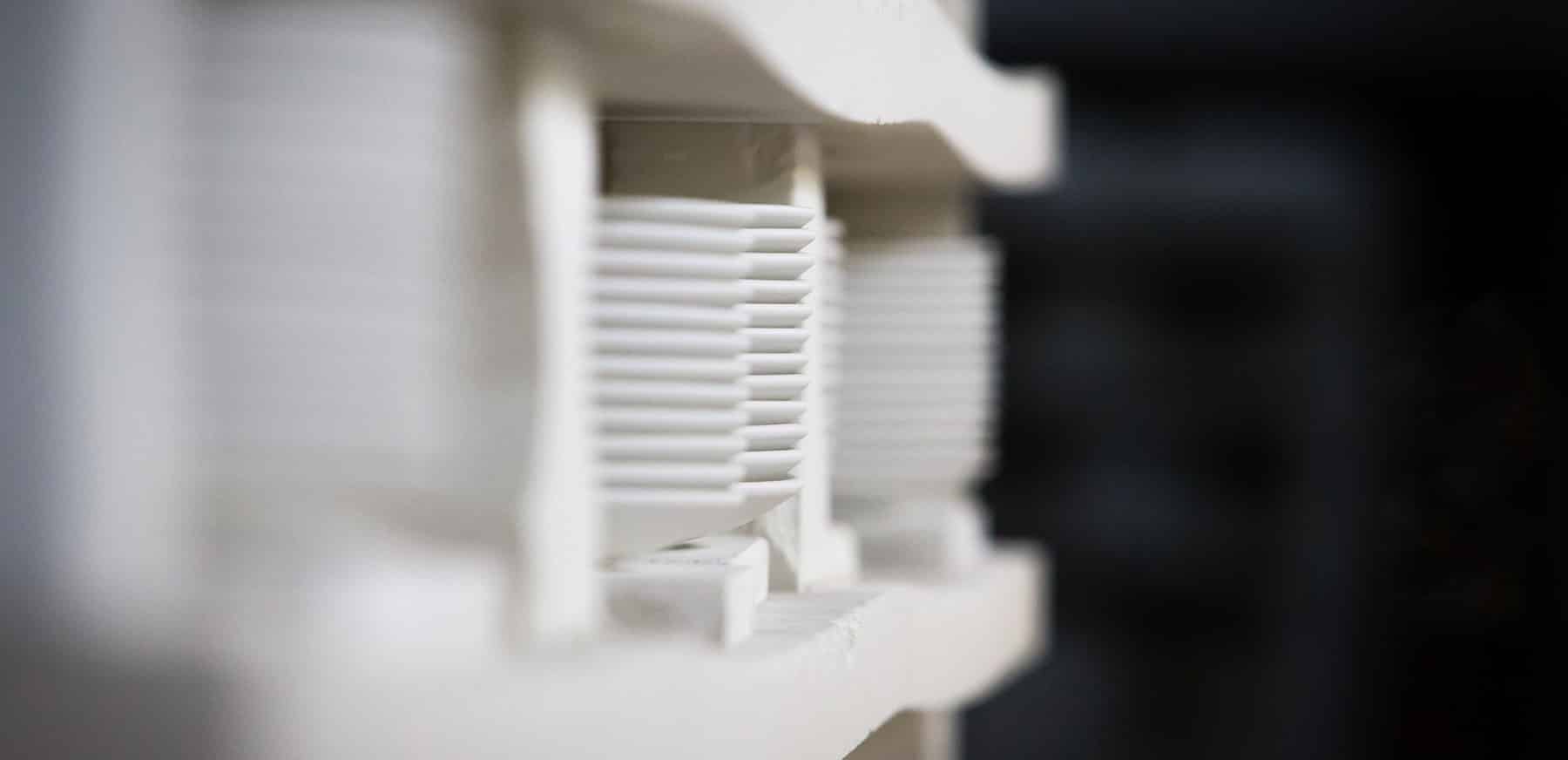
The role of technical performance in food safety
Reassuring customers of the inherent attributes of our ceramics in providing a technical product specifically developed for the hospitality industry and ultimately one of the strongest tabletop ceramic bodies in the world.
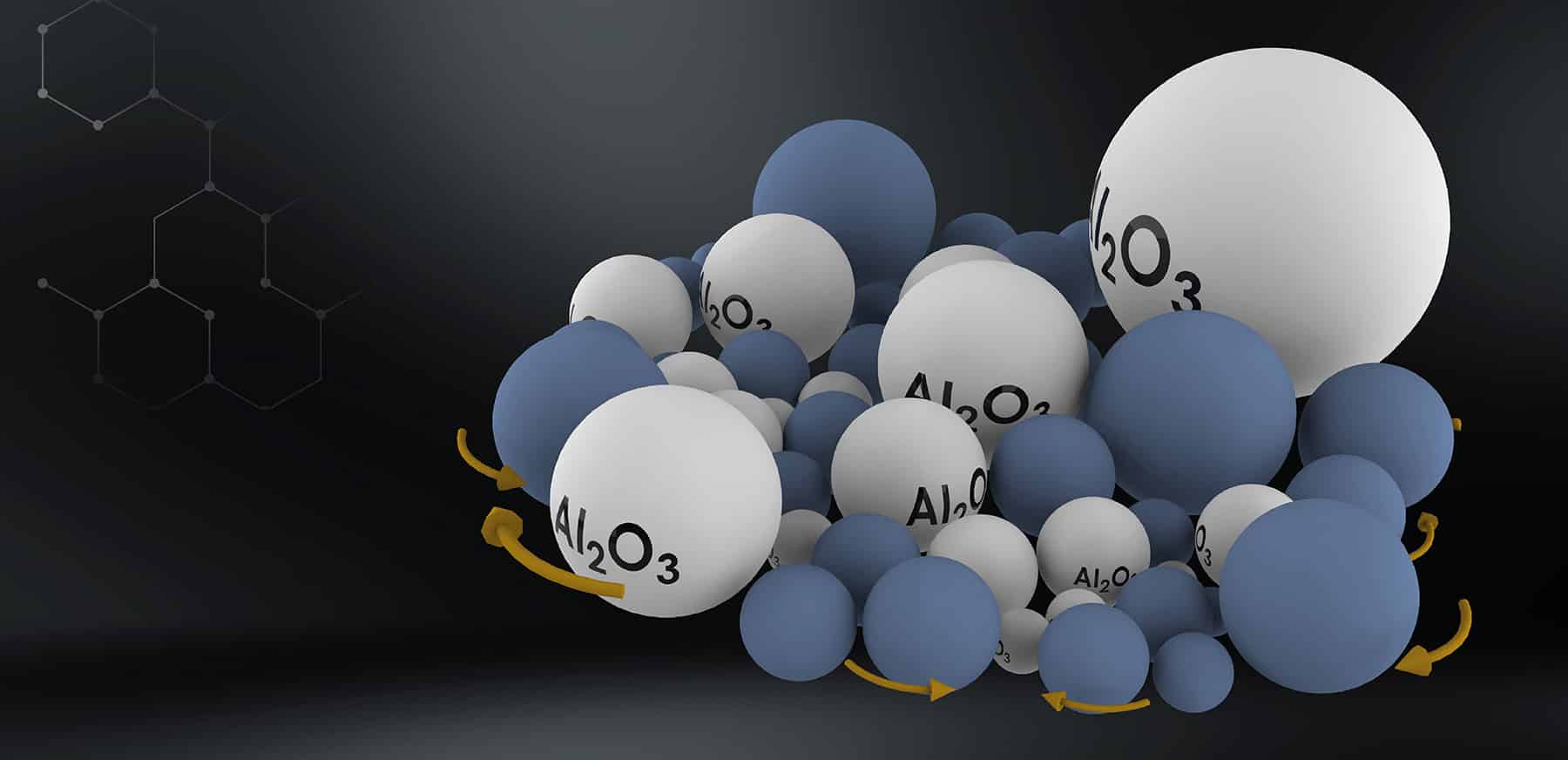
Vitrification
There are four key components to building Food Safety into the Churchill ceramic. The first one being Vitrification. A process through which the particle structure of the plate becomes stronger, denser and impervious to water. Meaning that bacteria has less opportunity to penetrate and grow. Through testing, a vitrified plate absorbs 0.4% or less water this compares to a non-vitrified domestic plate which has the potential to absorb 15% water.
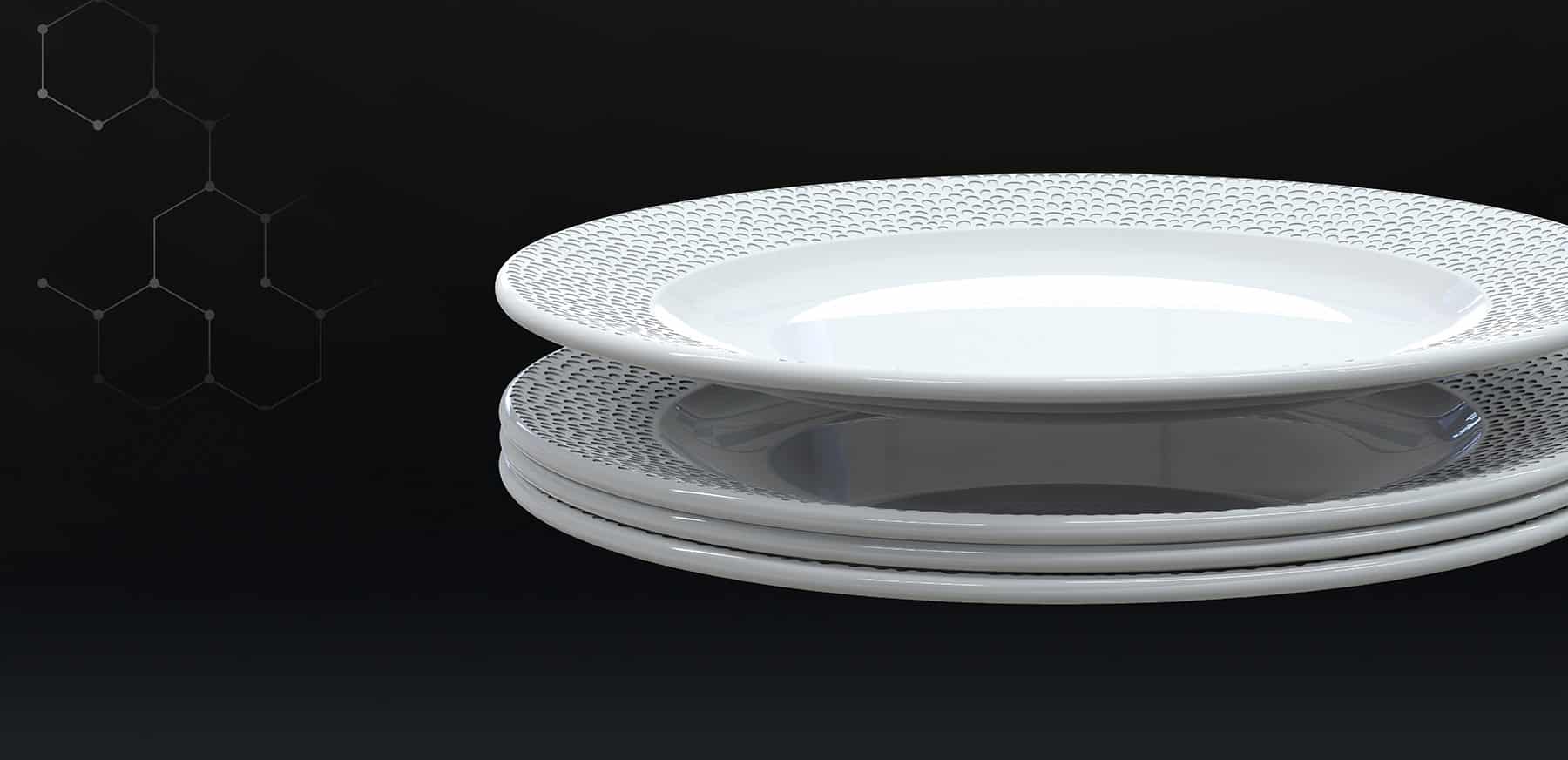
Shape and Form
Safety through strength comes from the engineered shape and form. Strength and durability of the Churchill product comes from shape design. Even weight distribution across the foot of the plate and a fully glazed base, reduces pressure points when stacked and minimises scratching risk and bacteria entry points. Whilst strengthened impact areas and rolled edges provides edge chip resistance.
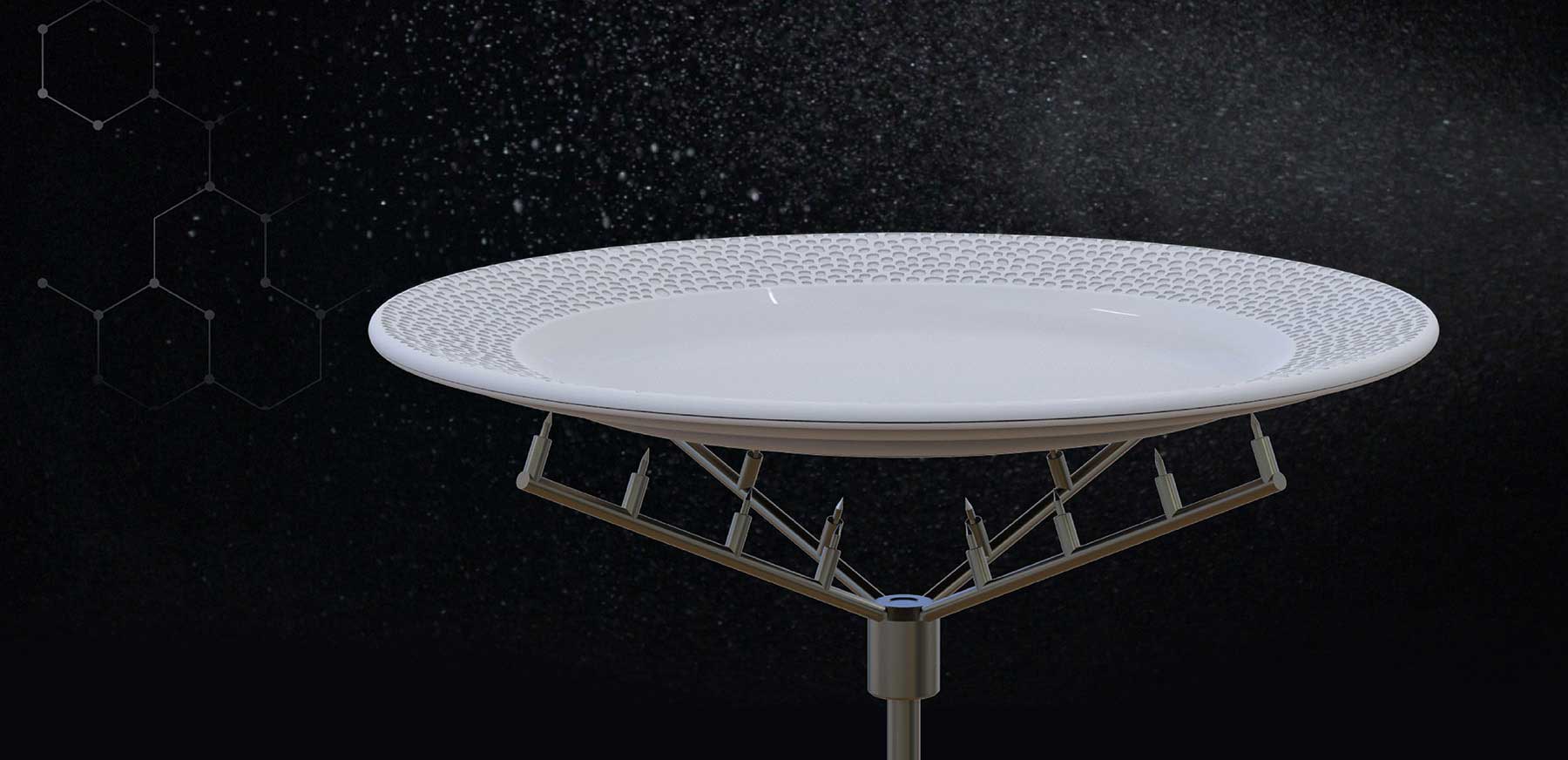
Superior Glaze
The glaze provides the ultimate barrier and protective surface. A mix of glaze recipe, firing temperature and substrate combine to reduce the surface roughness and support hospitality cleaning and sanitising processes. Including 5000 industrial dishwasher cycles and alkaline sanitisers.
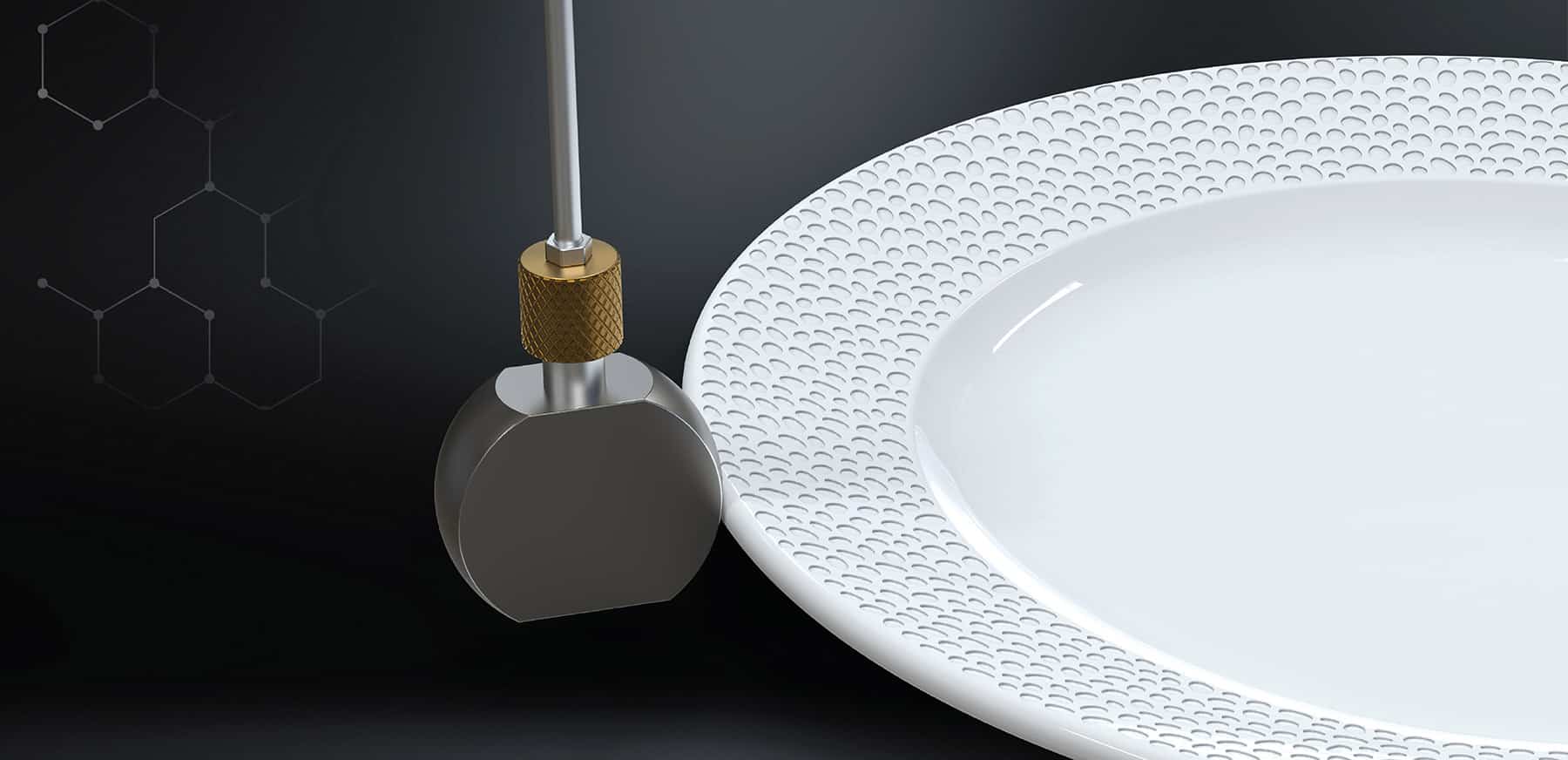
Consistency in Standards
The final element is testing and conformance. Each piece of ceramic conforms to at least 11 UK, European and International standards. An on-site UKAS accredited laboratory continuously tests and quality checks from raw materials, throughout the manufacturing process to the final piece. Ensuring consistency and continued conformance to standards.
For more information visit the ‘Performance Delivered’ section of our website.

